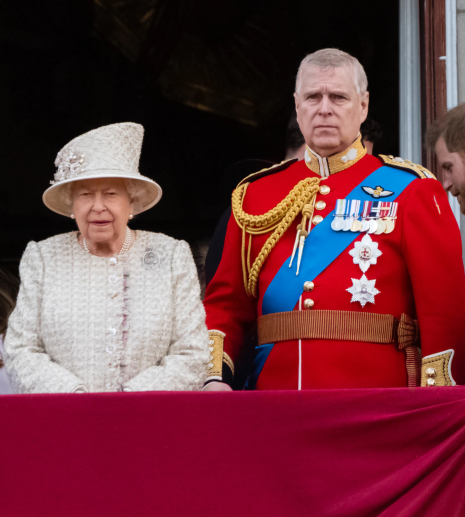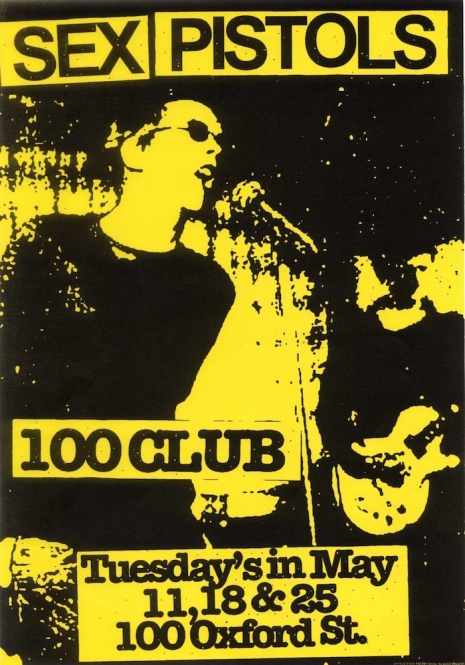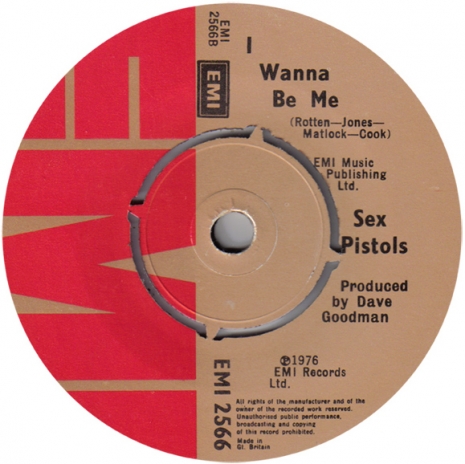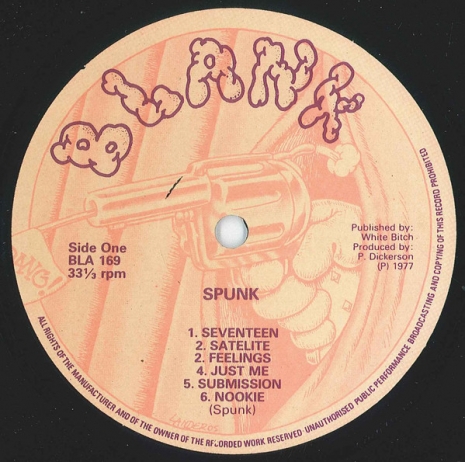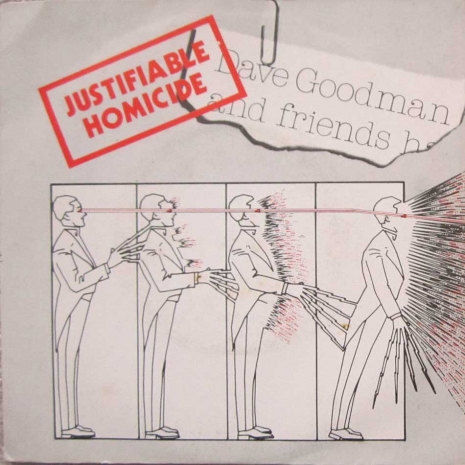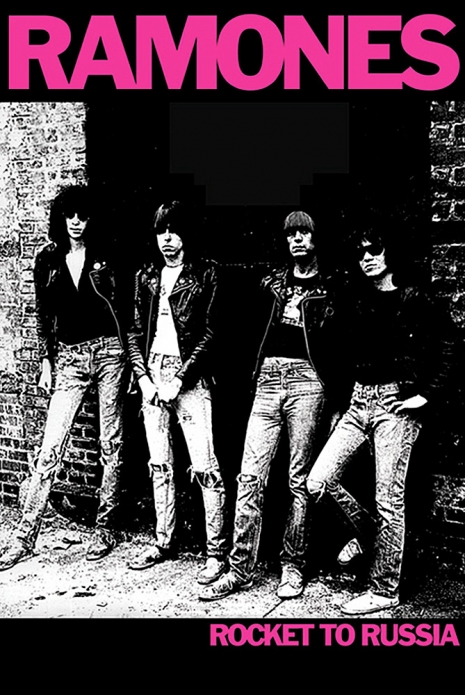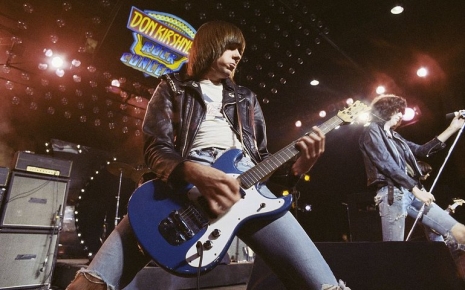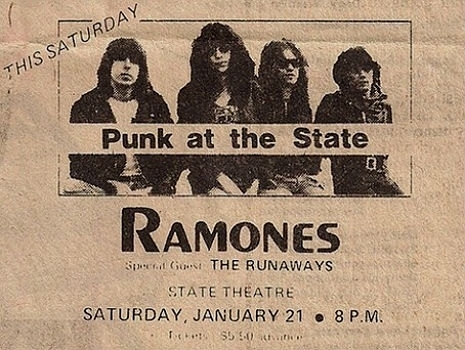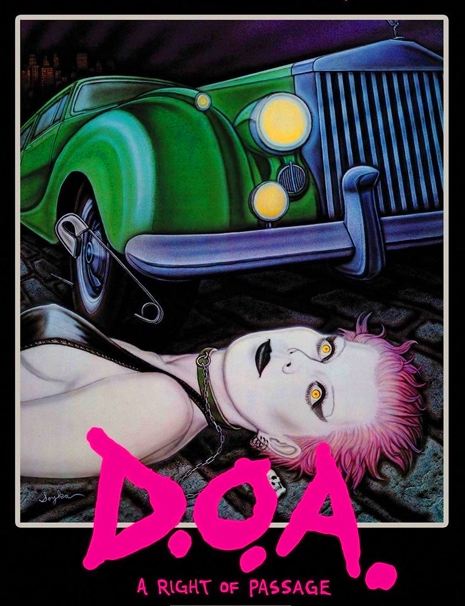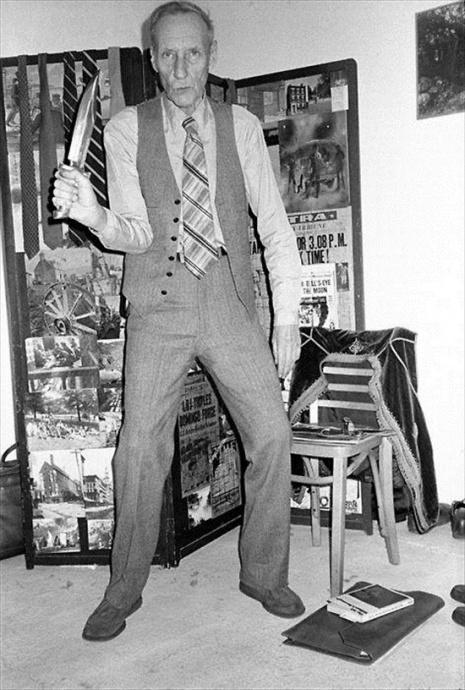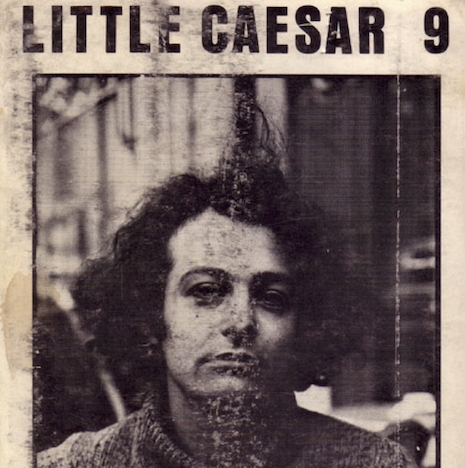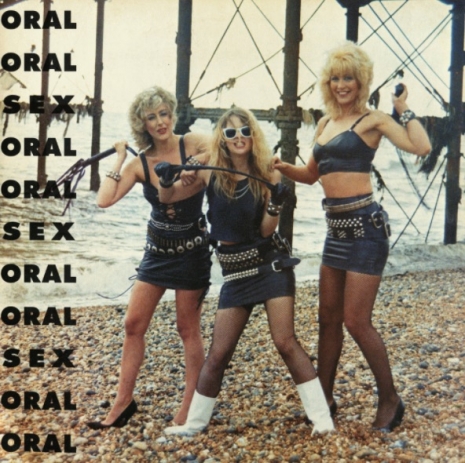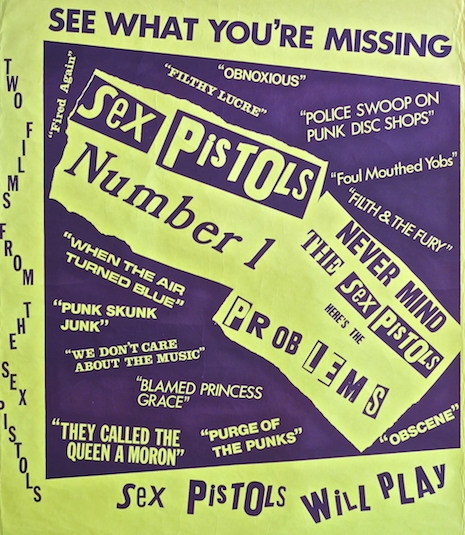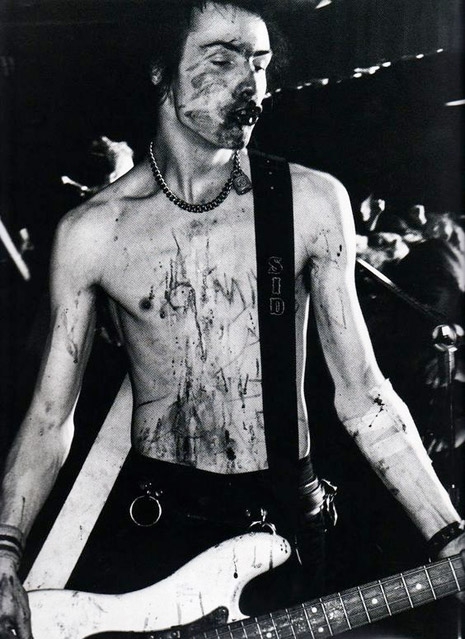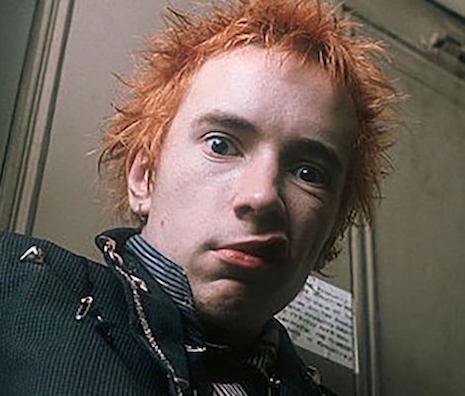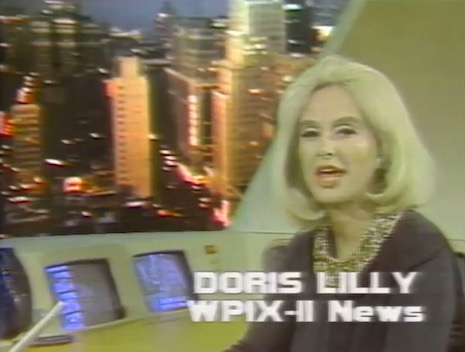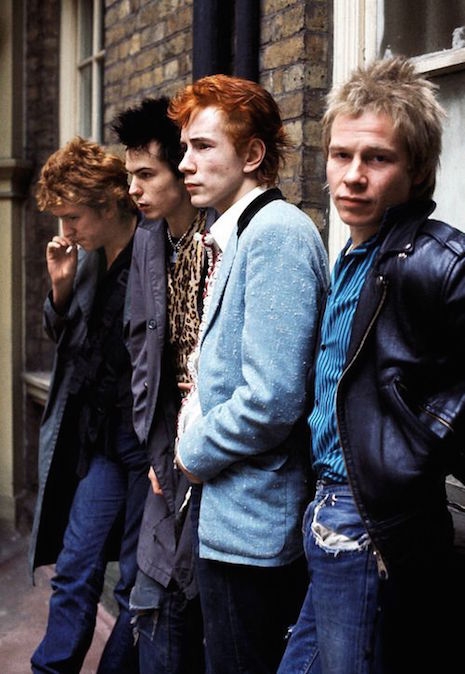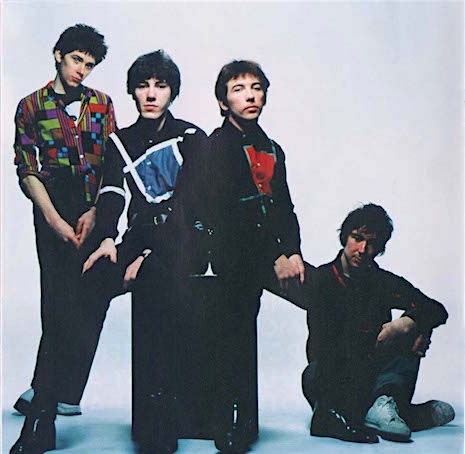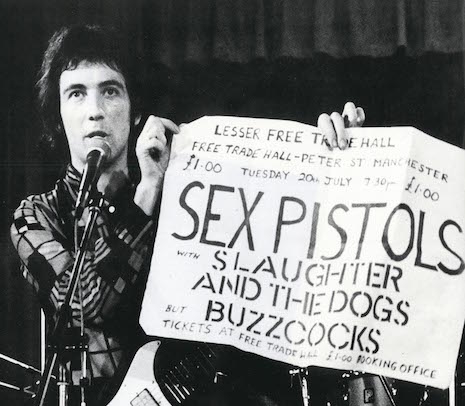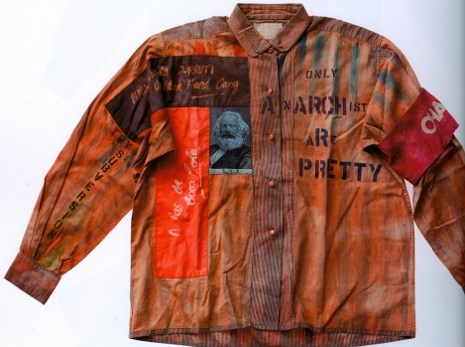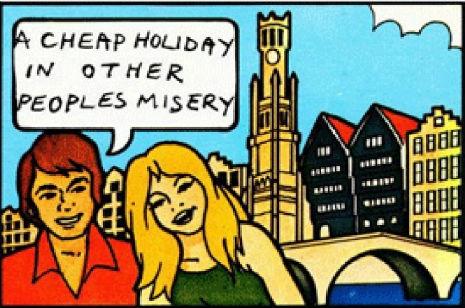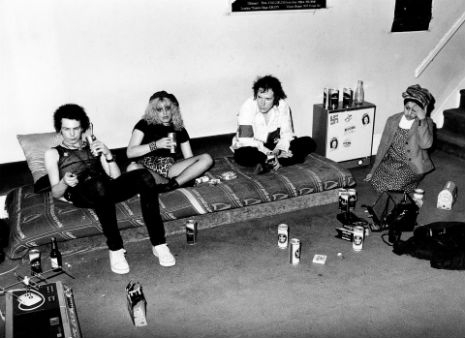
Photo by Paul Heartfield, courtesy Abramorama
Whatever else you can say about the dread year 2018, it is a sumptuous buffet for the PiL fan. The Public Image Is Rotten, the first officially sanctioned documentary on the group, tells its story with the help of Jah Wobble, Keith Levene, Donut, Martin Atkins, Bruce Smith, Lu Edmonds, John Rambo Stevens, Big Youth(!), Thurston Moore, Ad-Rock, Flea, Don Letts, and numerous other members of the band, its circle and its audience; the new box set The Public Image Is Rotten: Songs From The Heart collects singles, B-sides, 12-inch mixes, outtakes, alternate versions, videos, and TV appearances from four decades of high adventure; and PiL will embark on the U.S. leg of its ongoing tour next week, starting in New Orleans on October 9. I spoke with John Lydon on the phone one morning during the brief interval between PiL’s European and American dates.
How are you?
Not as mentally ill as Tom Arnold, but doing alright! I watched his show the night before. Two episodes. It’s hilarious! I highly recommend it, but by God, is he just out there. Oh, space cadet! But highly entertaining, highly entertaining. And I suppose that was the point of it anyway, I mean, what do you expect from a comedian but comedy? Alright, anyway, that’s an aside; I don’t know why I brought it up, but ignore me!
How was the European tour?
Oh, very, very demanding. That was something like 39 gigs in nearly as many days, with two weeks in the middle to attempt recording our third album, here, since our reformation. So a lot of hard work, and a lot of promo for the documentary, y’know, the film that’s gonna be doing the rounds, and various like press things that have to be done in advance of gigs. Very, very demanding, really exhausting, and not at all the happy holiday we were expecting. Harder than usual times three or four. And any one of the issues we’re involved with, really, should be a full-time job. But there you go, that’s PiL for you! Moments of relaxation in an intense industry!
Where are you recording?
We went back to the Cotswolds in England. A studio we like, ‘cause we like grabbing that on-the-road, live vibe.
I saw the movie last night. At the end, Lu Edmonds says this thing—he’s talking about the band with [Magazine/Siouxsie/PiL guitarist] John McGeoch, and how things have changed, and he says you’re different now than you were then. And he puts it down to [manager/lifelong friend John] Rambo [Stevens’] influence.
How very sweet of him! Doesn’t anybody ever give me credit? [Laughter] Well, that’s Lu’s opinion; you’d have to ask Lu. Everybody was given an opportunity—I mean everybody, friend and foe alike—to say what they felt, and there it is, and that’s the combination of all those juxtapositions. Of course the band’s very different from when McGeoch was in it. We were again, at that time, enduring record company pressure, which is never an easy thing to put up with, which is what created so much instability in us. The rumor-mongering, all of it, you know, and just the sense of chaos, and trying to maintain any grasp of control, was extremely difficult. And Lu should know that, ‘cause he was one of those difficult people at the time! [Laughter] But through all of that, these are my friends, and we argue all the time about everything. But now look at us: we have a stability, we’re into the making of the third album. Fantastic. And it’s all without record company pressure, or them controlling the purse strings, which is what leads to arguments in the first place.
Well, one thing about the movie, seeing so much time compressed into an hour and a half—
I know, it could quite easily have ended up like War and Peace, but what’d be the point of that?
You could do a whole movie just on the drummers that have gone through PiL. Tony Williams—
[Laughs] It’s a lot of members!
I don’t know if it’s because of the precarious money situation or not, but maybe that made it possible for an amazing group of people to pass through the band.
Yeah, and some of them sorely missed, others glad to be rid of, and then of course there were the blackmailers: “Oh, if you don’t pay me extra, I’m not going to go on tour.” Y’know, that brigade. Very, very difficult times when I look back at it now. It’s like, Jeezus, how did I have the perseverance? ‘Cause there were definite times in PiL history where I thought, I just couldn’t take much more of it. The continual ugly pressure of having to maintain some kind of sense of stability in all this, it does wear you down.
By the time I got to, say, making the album Album, and a very young band I was with, put together quite a lot of the songs on Album with, they just could not cope with the studio, and I couldn’t cope with the budget we had, so I couldn’t afford to keep them in New York until they… got up to par, shall we say. And so put out phone calls, really, not expecting anyone to be too eager, really take anything that said yes, and just absolutely stunned and shocked with the quality of people that were more than willing to help on this album, and no squeak about money or anything like that. I tell you, that really changed my mind, it was like an affirmation that I absolutely needed at that point in my life, and I hope that comes across in the documentary. I’m not sure it does too well.

Still from ‘The Public Image Is Rotten’
Well, then there’s that story about McGeoch getting hit in the face with a bottle—
Oh, all that stuff! That’s nothing to do what I’ve just said, is it?
Well, the adversity you were facing.
Yeah, the adversity I’m particularly pointing out is inter-band-members, right? Some being ridiculously spiteful for no reason, and just continuing a negative approach in the ranks, and spreading all manner of, like, stupid lies. That kind of adversity. I had that in the Pistols, and I did sort of presume that that’s just the way all bands were. Well, I’m finding out in the making of this third and the previous two albums that’s not the case at all. We’re very, very, very good friends with each other. We have a sense of empathy. And that was always missing in the past. It’s always what I was seeking. But I suppose you can’t have a major record label in there, interfering. Interfering in the thought processes and the purse strings. ‘Cause adversity and animosity is what you end up with.
This is the longest stable lineup of the band, right?
Yeah! Yeah. Very noted. The second we were able to declare independence from any label, we set up our own outlet, and here we are now today. Stable! Financially risky, but bloody hell, is it enjoyable to wake up and know that you’re responsible for your own downfall, and not somebody else. A reward.
Can you tell me about the set you’re playing?
It’s one mostly the band picked, numbers that they enjoy doing, so there it is. And they flow well with each other, they jump all over the place time-wise, career-wise, but that’s fine. They connect somehow. There’s a flow in them. There are lines that interconnect. The thought process is there; it’s really just about trying to understand emotions. And that’s what Public Image do: try to understand. Try to understand each other, y’know? And make a bloody good effort at the rest of the human race. And I don’t suppose there’s any other way but through music to share those experiences and learn from them. One of the greatest things about this tour is the small venues we picked, because I can see eye to eye with just about everybody in the building, and that really helps formulate and solidify the songs into the emotions that they’re trying to express. It’s very, very, very rewarding. You can see it in people’s eyes when you’re hitting the right tones emotionally with them. It’s not like—we don’t do cruise ships or bar mitzvahs, I’m not standing there waiting for requests. It’s done on an emotional level. It’s fantastic. And all shyness, gone. I feel so confident with the people I work with now. There’s no sense of the temporary about it, and that’s a wonderful sounding board. Three albums, now, it will be, when this one’s done. That’s an amazing achievement for PiL! ‘Cause rightly or wrongly, earned the reputation there of never the same people twice. Not through choice.
I know the gigs are selling out. You had to change venues in Los Angeles.
You have to up it when it sells out too much, but there’s a limit to us. We won’t go into the ten thousands or the five thousands, not really interested in that, because you lose that emotional response. Or you can, but it’s like a harder struggle, and this is a struggle enough! And if we want to be celebrating our year, this is the way we want to do it. As I say, up close and personal.
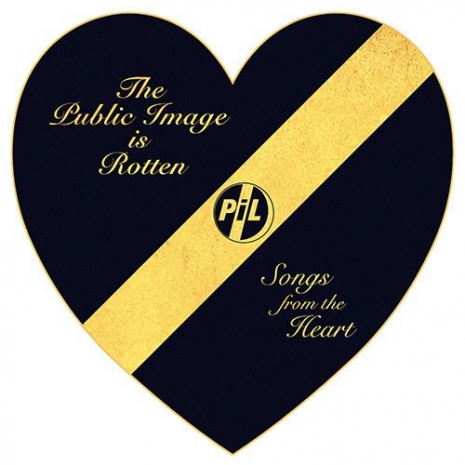
So this box looks really wonderful—
Yeah, very proud of that. Yeah.
I’ve always been especially fond of your singles and 12-inches; I feel like you put a lot of care into those.
A lot. A lot. And using the highest quality recording we can, and also the highest quality materials we can, and to try and keep the price down. It’s a thing of love. That’s 40 years of work, there. I don’t want it to go out in a brown paper bag. Although I could the novelty in that too! [Laughter]
But I meant specifically your singles, all along it seems like you’ve put a lot of work into the singles and preparing special mixes for the 12-inches—
Yeah. Well, listen, pop music is my centrifugal force. I’ve always loved pop music, always will. Sharp simplicity, straight to the point. Sometimes songs I do can be longer than a single would need to be, and involve a hell of a lot more words, because you’re involving yourself in a hell of a lot deeper way, but both ways work for me fine. I do like the simplicity of pop a lot. And always those are the singles, they’re made for that. Not specifically structured as a single, but they happen, chance, in the way we record. There’s no rule book with us. If we’re involving ourselves in an emotion, we’ll involve ourselves fully, and that’s what each song is about, really. Trying to understand ourselves as human beings, and thereby, like I said, deal with the rest.
And there’s a proper version of “Kashmir” on there, too.
Yeah, which I was supposed to sing live! But I couldn’t, and I wouldn’t. I thought it would be sacrilege! Go to all the effort of recording it… which is a glorious tune, it really is, and Led Zeppelin I adore! Physical Graffiti is one of my favorite albums, and “Kashmir” is one of my favorite songs, and I didn’t want to bugger it up. We were gonna start live sets with that, but I thought I’d be letting it down somehow. I really don’t need to be competing with Robert Plant, there, I think he did an excellent piece of work, and there you go. All accolades to.
There’s a few unheard things, too, on this box set, and a lot of film footage.
Yeah, the TV stuff, all the TV appearances.
Yeah, which I thought would be nice for people to have, in one lump sum. And forever; not down to the whims of YouTube.
And better quality.
Oh, by miles, I hope!

Photo by Duncan Bryceland, courtesy PiL Official
That reminds me of something else. Watching the documentary last night, I’d heard there was video shot of the famous Ritz show—
[signal breaks up] because we were in charge of the cameras. That show was supposed to be us experimenting with their new camera technology, and, hello, one thing led to another, and before you know it, the world’s best soft riot took place! [Laughter]
So no video survived?
Well, there’s bits and pieces, but nothing that would make any sense.
Oh, ‘cause it’s all from your points of view.
Yeah, you know, from where we are, we’re behind the canvas. So you just see a canvas ruffle. There’s not much you can make from that. Another one of those Public Image moments where fiasco becomes something adorable and memorable. You know, a negative becomes a positive. Just the way it is, I suppose; we’re brave enough to take the situation on, and thank you all for noticing.
Yeah, the American Bandstand appearance is one of those moments.
Oh, yeah. My God, asking us to mime! Ha ha! To a song we improvised in recording, it’s like, wow, where do we begin with that? So we just ran wild, and it worked out to the benefit of everybody. Made for a better TV show.
Oh, it’s wonderful TV.
Even Dick Clark said so!
He did? He knew good TV, right?
Oh yeah, he had a list of all-time greats, and we’re up there. We’re well up there. Of all-time greats on his show. Lovely. Us and a bunch of mime artists! Ah, ha, ha.
Is it true, John, that “Annalisa,” a song that’s as relevant today as it ever was—is it true you saw that on a TV show?
Yeah, it was a real story about a young girl, in her coming-of-age early teens, and the parents, like, being far too religious for their own good, assuming she was possessed by the devil. And so in came the exorcist, and the end result was she was starved to death, really. It’s a really, really sad story, a true story. They put a film out of it a couple of years back, you know; I was a bit annoyed they didn’t approach us, ‘cause it would’ve been a wonderful theme for it.
Like a dramatic movie, with actors?
Yeah, like a proper film release, it was quite astounding. And horrific! When I watched it, it just brought tears to my eyes. You could see that this girl just didn’t stand a chance with that zealotry. Cold, indifferent parents, much more into their crucifixes than they were the life of their own daughter.
Sexuality is a strange thing to the religious. For my making [?], that’s what the root core of the problem was.
I imagine you’ve been following the Catholic abuse story with interest.
Ha, ha! All my life! [Laughter] Spent most of my life deliberately avoiding priests. Right up to day one in the Pistols, never even considered singing! I just thought, “No no no, that’ll get me back closer to the priests. It’s not what I want.”
Wasn’t “Religion”—
In fact, wrote “Religion,” a PiL song, while I was in the Pistols, but I knew they couldn’t handle it. Just another reason, really, to have to move on. But PiL was well-adapted to that sort of focus.
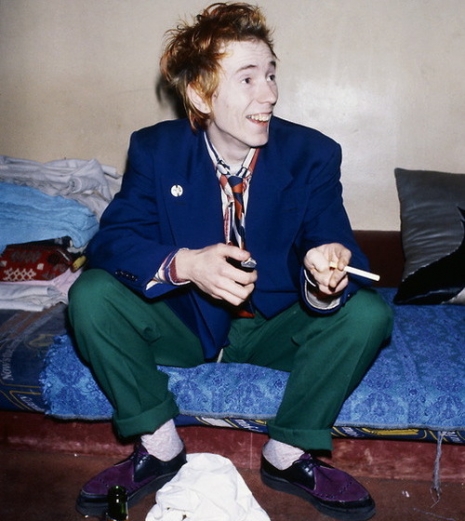
What can we expect in the near future? How far are you on this new record?
Well, we’re quite a few tracks in, but have yet to put vocals on any of them. There are many issues going on that are slowing down the work, one of them being a domestic issue that’s really, really challenging and frightening to handle for me at the moment. And it is coming right in the middle of all of this workload, so it’s, like, it’s taking its toll on me. It’s 24/7 having to be alert, and I’m having to find ways of stopping that. It’s very, very, very punishing, that’s all I can tell you. The second half, the American half, I’ll have to do that alone.
Continues after the jump….
